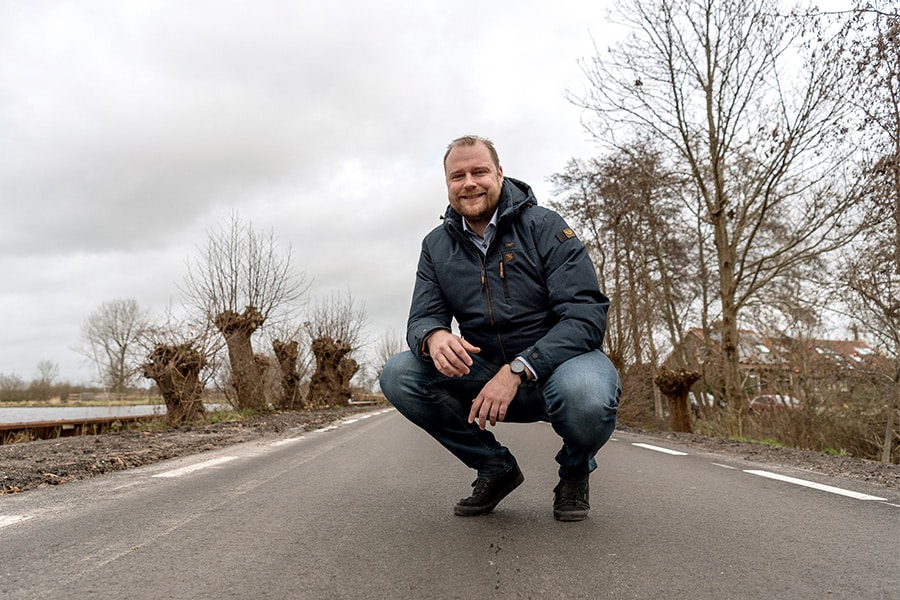
Traditional tendering delays renovation task in the Netherlands
In the 1950s to 1970s, the period of mass motorization, most of the Dutch infrastructure was built. Many bridges, tunnels and locks were also built in the subsequent period. By now, parts of these have reached the end of their useful life. In addition, the infrastructure is now used much more intensively than before. With the increasing number of vehicles, road taxes are also higher than anticipated. Although the Netherlands is known for its good infrastructure, considerable investment and manpower will be needed in the coming years to keep it that way.
Martin Wijnen, director of the Department of Public Works, indicated it recently: "We must therefore make every effort to increase our production." But as infrastructure ages and usage intensifies, the availability of skilled personnel decreases dramatically. Throw on top of that a complex geopolitical situation, resulting in rising prices, and you have a Gordian knot on your hands. Production has to go up, but how?
Marketing a European tender for a medium-sized multidisciplinary work already takes years of contract preparation. Studies have to be done, contracts written, tenders held, bids made, etc. Before the first shovel goes into the ground outside, or the mechanic is ready with the screwdriver, we are easily five years down the road - in the favorable case that there are enough bidders and budget. Obviously, that doesn't help to ramp up production.
In recent years, clients are already innovating with new forms of contracts, including the two-phase model and the contractual portfolio approach. Government and market working groups, under the slogan of simplify, connect and deliver, are also looking at ways to commission work more easily and in series. And in addition, Rijkswaterstaat is working on a reliable dealflow.
The two-phase model has so far been mostly an experiment, and opinions are divided. But a recent independent study by AT Osbourne on this approach shows that it works: the two-phase approach leads to better control of complex projects and improved cooperation with the market. The next step is to structurally embed and unify this approach, including pricing and contract management.
We cannot deny that hard work is being done to initiate change. But the question is whether it is happening fast enough. Because in the meantime, in a costly competition, many market players are preoccupied with making tenders, while clients are committing time and money to lengthy procedures. The question we can now ask ourselves: shouldn't we take a much more fundamental step? Isn't it time for a thorough renewal of the very concept of procurement?
The renovation task in the Netherlands demands speed and cooperation, not legal false security and time-consuming procedures. We can no longer afford to waste valuable capacity on upholding a system that no longer fits today's task. If we really want to increase production, it is time to reinvent procurement - simpler, faster and focused on trust and cooperation. That's really working on a future-proof infrastructure.
The Pen - Annemarie Rutgers – Manager Tender Office and Commerce at Croonwolter&dros




